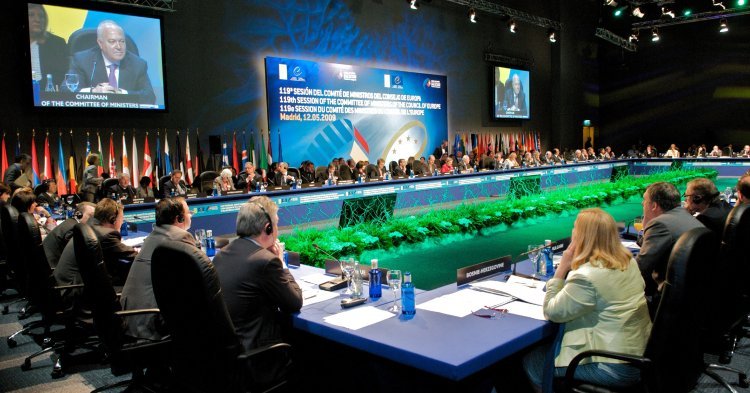Except for the European Police College, which was denied the approval, only the Council, out of the entire EU institutions did not receive the 2008 disclosal by the European Parliament. Someone could say it is not new news as the Council also received a red light last year regarding the 2007 accounts. Someone, then, could say that technically the vote has been just postponed to the next plenary session in Strasbourg, in the middle of May. Nevertheless, if the Council is the most powerful EU institution, it must be said, that if it has something wrong with its internal accounts, then something surely is not working properly. Maybe there are just little irregularities or somebody has been mistaken, but some measures must be taken.
Nevertheless, if the Council is the most powerful EU institution, it must be said, that if it has something wrong with its internal accounts, then something surely is not working properly.
According to the report drafted by Ryszard Czarnecki, a centre-right Polish MEP, the EP is not getting enough information from the Council regarding its own spending in 2008. Under the rapporteur’s spotlight lay the funds on appointments of official and the EU’s common foreign and defence policies. Although the remarkable efforts of the Spanish Presidency holding the six months slot Council of Ministers towards a better transparency are undoubtedly to be recognised, the Council has still a lot to do to clean up its administrative accountability. Then, as Mr Czarnecki stated in the press conference following the vote, “it is clear the Council isn’t doing its homework and making improvements”. Indeed MEPs call for more information on the Council’s spending beyond the usual ’gentlemen’s agreement’ in force today.
Basically this agreement, drawn up in the 70s, provides for accountability non-interference between the EP and the Council. It goes without saying how much this solution is out of date and inappropriate in a period of crisis when utter transparency is required. Expert say that a new official procedure agreement is needed to go over and avoid further problems within the EU’s spending. MEPs are working in this direction, in spite of the functioning limits set up by the treaties.
After the Council’s non-disclosure, we have to note the complexity of the approval of the EP accounts themselves. Even if MEPs have given green light to their internal budget management, Bart Staes, a Belgian Green MEP who drafted the EP’s 2008 disclosure report, made clear that more needs to be done to improve the Parliament use of taxpayers’ money.
The rapporteur clearly stated that he has tried repeatedly to sharpen his report with some amendments, but he had to face the opposition of the main political Groups (PPE, S&D and ALDE) which wanted to water down his report. Indeed, Staes admitted that many of the more critical points he brought up “were deleted”. Even Luigi de Magistris, an Italian MEP and Chair of the Control budgetary committee of the EP, agreed on a further criticism to the EP money management tried by Staes by backing almost all his amendments. “We need more control and transparency”, he stated at the press conference following the vote. Nevertheless, the spotlight remains on the Council. Waiting for the high level decision to be taken regarding the further postponement of the disclosure vote – thanks to the strong push by Spanish Presidency and Mr Zapatero’s direct involvement – we should start thinking about the next step towards a more transparent accountability of the EU spending and a revolutionary agreement that really is between ’gentlemen’.


Follow the comments: |
|
